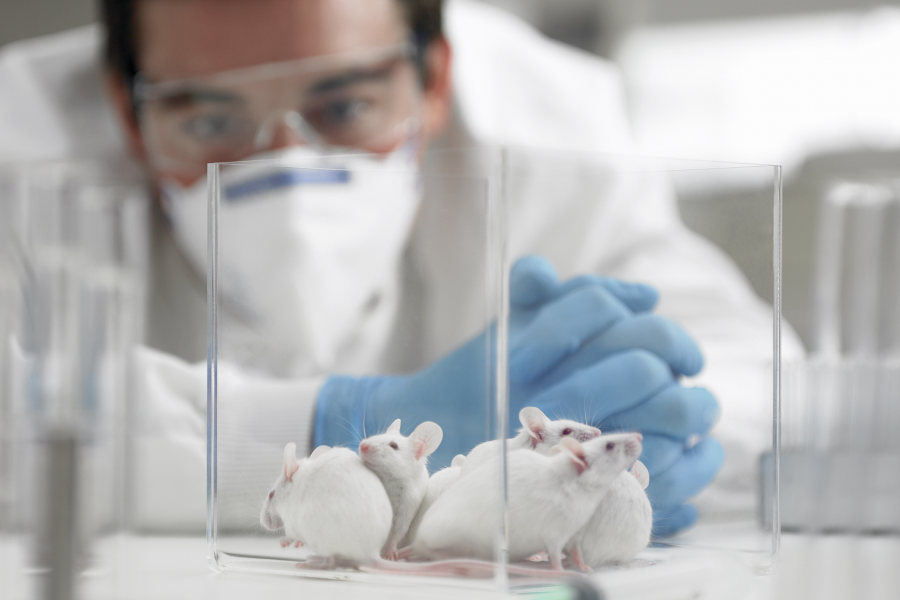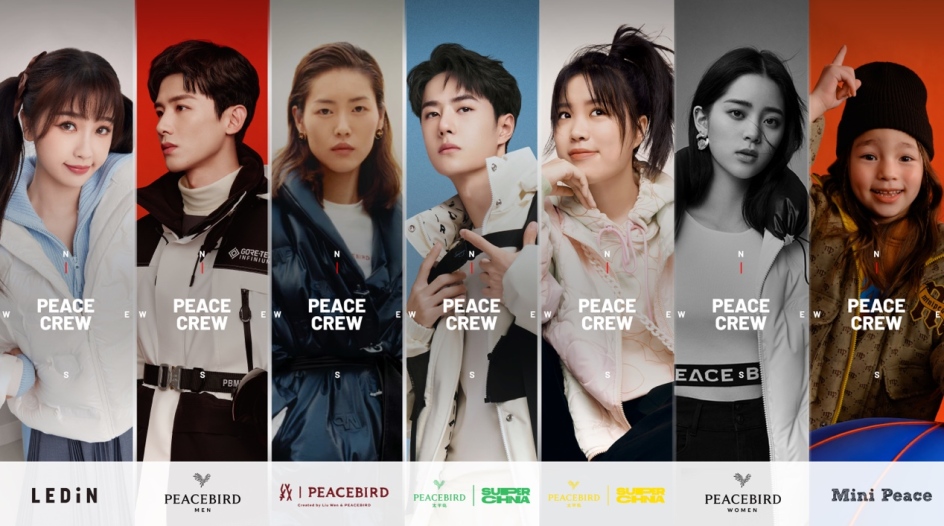China To No Longer Require Animal Testing on Imported General Cosmetics from May 1
March 10,2021
A long-awaited revision to Chinaтs animal testing rules for cosmetics was finalized Thursday, according to documents released by theТ National Medical Products Administration (NMPA), with imported general cosmetics to be exempted from undergoing animal testing from May 1. The shift is likely to usher in a wave of new beauty brands entering the country.

тGeneral cosmeticsт refers to shampoo, body wash, blush, mascara, perfume and other personal care and beauty products, as opposed to тspecial purpose cosmeticsт including sunscreen products, hair dyes, anti-hair loss products, and children's products, which will still need to undergo animal testing.
To implement the Regulation on the Supervision and Administration of Cosmetics, Measures for the Administration of the Registration and Recordation of Cosmetics, the NMPA has developed and released the Provisions for Management of New Cosmetic Ingredient Registration and Notification Dossiers (hereinafter referred to as тProvisionsт).
The Provisions require more rigorous safety data for the use history and consumption history of cosmetics at home and abroad, and regulate the compilation of technical data related to new ingredients. New ingredients that have a certain history of safe use or consumption in foreign markets, have safety assessment conclusions from authoritative foreign organizations, or have been approved by foreign regulatory agencies, are scientifically and reasonably exempted from the corresponding toxicology test data based on the different risk levels of the ingredients.
Among them,Т the animal alternative method requires that: if using animal alternative methods for a toxicological safety evaluation, appropriate Integrated Approaches to Testing and Assessment (IATA) should be selected to evaluate the toxicity of new ingredients based on the structure of the ingredients and specific toxicological end points. If the applied animal alternative test method has not been included in ChinaтsТ Safety and Technical Standards for Cosmetics, the alternative test method should be one that has been included by an authoritative international alternative method verification agency; supporting documentation confirming that the method accurately predicts this toxicological endpoint should be submitted at the same time, too. The supporting documentation should include a brief description of the research process of the alternative test method, the research data, results analysis, and research conclusions of no less than ten known toxicity test substances.
The Provisions adhere to the principles of fairness and WTO non-discrimination, and the same requirements for domestic and imported new ingredients. The Provisions fully consider and adopt the opinions proposed by importing enterprises that some countries and regions have implemented bans on cosmetic animal testing, and are therefore unable to submit animal testing information, conditionally accepting the animal alternative methods.
According to a report by Goldman Sachs from December 2020, China's onshore beauty market had reached 425 billion yuan in sales as of 2019. Domestic cosmetic spending in China is expected to grow at a CAGR of 12% from 2019 to 2025, exceeding 1 trillion yuan.
The FУЉdУЉration des Entreprises de la BeautУЉ (FEBEA) issued a statement on 14 January saying that the Chinese authorities had agreed that general French cosmetics no longer needed to be tested on animals before entering the Chinese market. This relaxation is only for French certified cosmetic manufacturers. France has become the first country in the European Union to agree with China to exempt cosmetics from animal testing, paving the way for other cruelty-free cosmetics companies to enter Chinese market.
China is one of the largest and fastest growing beauty markets in the world. Over the years, the Chinese government has been closely following animal testing for cosmetics. Since June 2014, China has introduced regulations that allow animal testing to no longer be mandatory for general cosmetics manufactured and sold in China, but animal testing has still been required for imported cosmetics and domestic special-use cosmetics during filing and approval.
| Sources: Official Website of National Medical Products Administration, Previous Luxe.CO Reports
| Photo Credit: Visual China Group
| By LeZhi, Shu Lingli












Comments